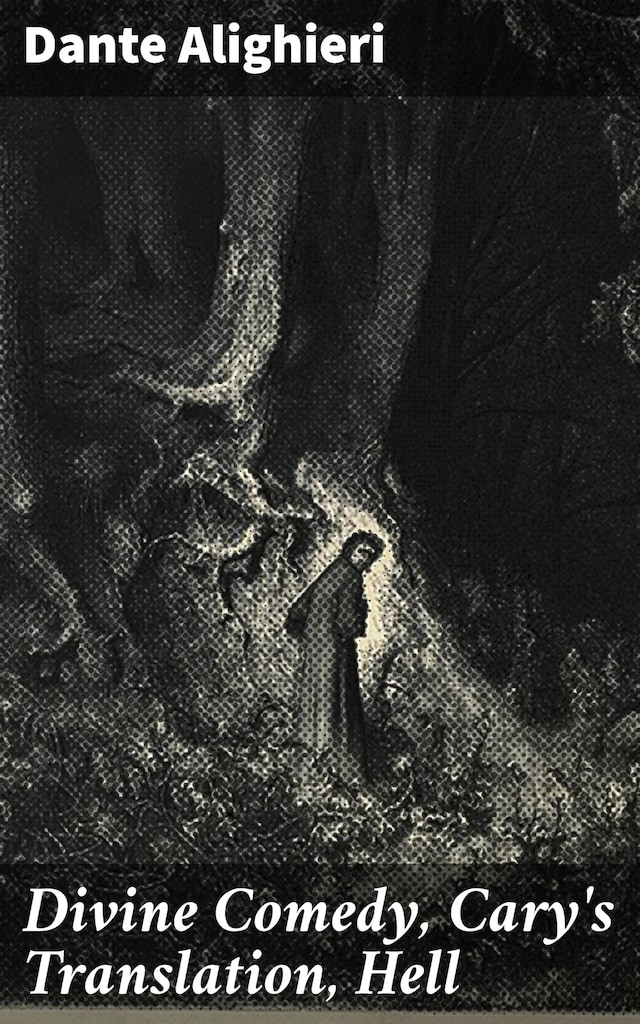
Divine Comedy, Cary's Translation, Hell
Journey through sin and redemption in the depths of Hell

